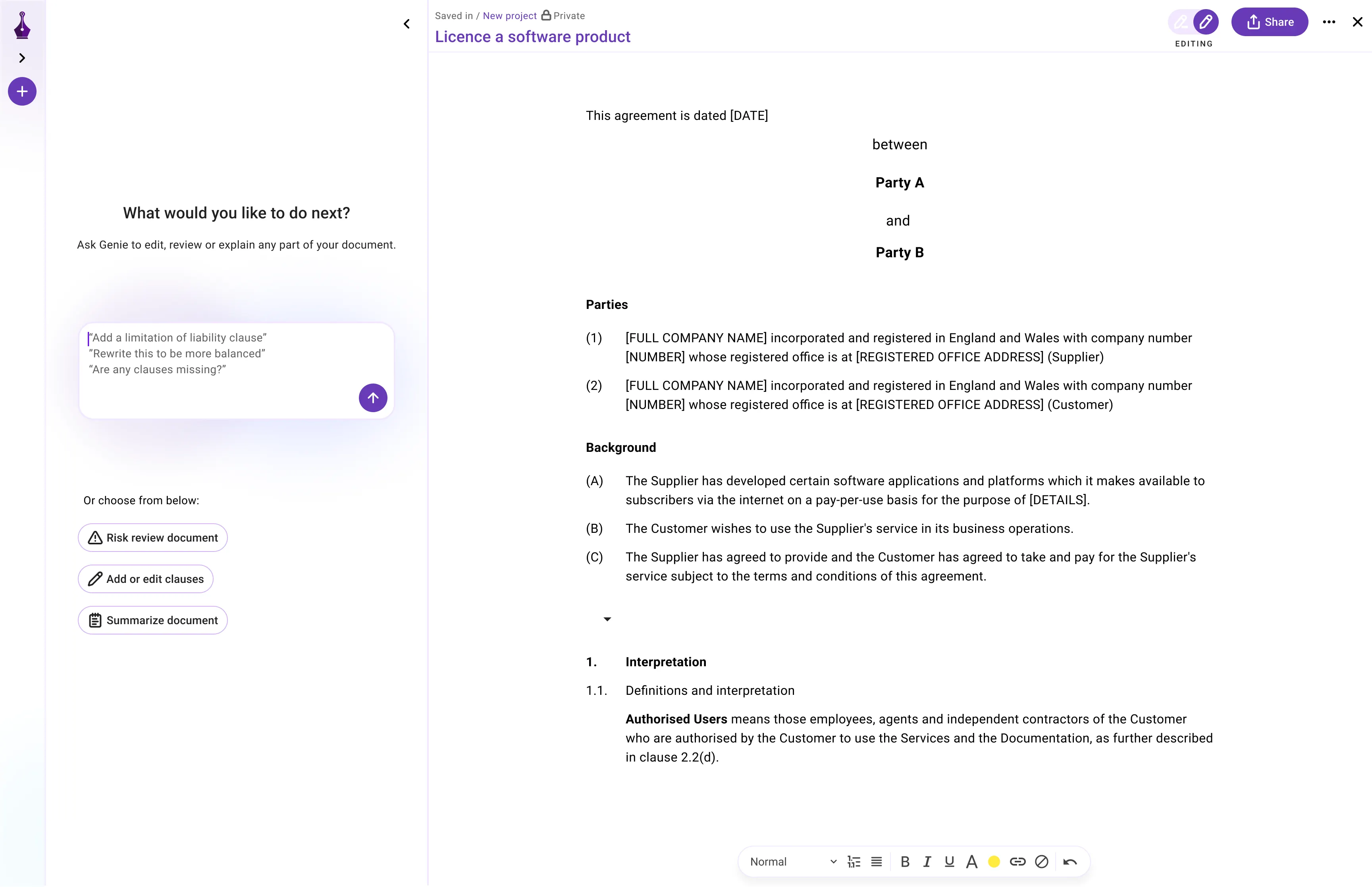
What's a Non-Compete Clause and Should You Use One?
In today's competitive business landscape, protecting your company's interests and trade secrets is crucial. One way to achieve this is through the use of non-compete clauses, also known as non-competition agreements or restrictive covenants. These clauses are contractual provisions that restrict an employee's ability to work for a competitor or start a competing business within a specified geographic area and time frame after leaving their current employer.
Non-compete clauses are designed to prevent employees from taking advantage of the knowledge, skills, and relationships they've acquired during their employment and using them to benefit a competitor or start a competing business. This helps protect the employer's intellectual property, customer relationships, and confidential information.
However, the enforceability of non-compete clauses varies from state to state, and there are ongoing debates about their fairness and potential impact on employee mobility and innovation. Some states, such as California, have strict limitations or prohibitions on non-compete agreements, while others, like Florida, are more permissive.
When considering whether to use a non-compete clause, it's essential to weigh the potential benefits against the risks and legal implications. Here are some factors to consider:
Protecting Trade Secrets and Confidential Information
One of the primary reasons for implementing a non-compete clause is to safeguard your company's trade secrets and confidential information. If an employee leaves and joins a competitor, they may be tempted to share or use the knowledge and information they acquired during their employment, giving the competitor an unfair advantage. A well-crafted non-compete clause can help prevent this scenario.
However, it's important to note that non-compete clauses should not be used as a substitute for robust confidentiality and non-disclosure agreements. These agreements are specifically designed to protect trade secrets and confidential information and should be used in conjunction with non-compete clauses. This is often addressed through a Employment Contract.
Retaining Valuable Employees and Customer Relationships
Non-compete clauses can also help retain valuable employees and protect customer relationships. If an employee leaves to work for a competitor, they may be able to leverage their existing relationships with your customers, potentially causing harm to your business. A non-compete clause can prevent this by restricting the employee's ability to solicit or work with your customers for a specified period.
However, it's important to strike a balance between protecting your legitimate business interests and not unduly restricting an employee's ability to earn a living. Overly broad or unreasonable non-compete clauses may be unenforceable and could potentially harm employee morale and retention. A detailed Letter of Intent can clarify these points.
Reasonableness and Enforceability
For a non-compete clause to be enforceable, it must be reasonable in scope, duration, and geographic area. Courts generally scrutinize non-compete clauses to ensure they are not overly broad or restrictive, as this could unduly limit an employee's ability to earn a living.
When drafting a non-compete clause, it's essential to tailor it to your specific business needs and the employee's role and responsibilities. A one-size-fits-all approach may not be effective or enforceable. You can find at GenieAI to help you draft a reasonable and enforceable clause.
Alternatives to Non-Compete Clauses
While non-compete clauses can be valuable tools for protecting your business interests, they are not the only option available. Depending on your specific circumstances and the applicable state laws, you may consider alternative approaches, such as:
- Non-solicitation agreements: These agreements prohibit employees from soliciting your customers or employees for a specified period after leaving your company.
- Confidentiality and non-disclosure agreements: As mentioned earlier, these agreements are designed to protect your trade secrets and confidential information.
- Garden leave provisions: These provisions require employees to remain employed and compensated for a specified period after giving notice, during which they are prohibited from working for a competitor.
It's important to consult with an experienced employment law attorney to determine the most appropriate approach for your business and to ensure compliance with applicable state and federal laws.
Are non-competes enforceable?
Non-compete agreements are enforceable in most states, but their enforceability depends on several factors. Courts generally consider whether the agreement is reasonable in geographic scope, duration, and the types of activities restricted. Overly broad or vague non-competes may be deemed unenforceable. Additionally, some states, like , have laws that restrict or prohibit non-competes except in limited circumstances. It's crucial to consult and seek legal counsel to ensure your non-compete agreements are enforceable.
Can you use NDAs instead?
Non-disclosure agreements (NDAs) can be an alternative to non-compete clauses, but they serve a different purpose. NDAs protect confidential information and trade secrets, while non-competes restrict employees from working for competitors. are generally easier to enforce and less restrictive than non-competes, which are subject to . However, NDAs alone may not adequately protect your business interests, so it's wise to consult an attorney to determine the appropriate combination of agreements.
How long can a non-compete last?
The maximum duration of a non-compete agreement varies by state. Many states limit non-competes to 1-2 years, while others prohibit them entirely. For example, in California, non-competes are generally unenforceable except in limited situations like the sale of a business. In contrast, Florida allows "reasonable" non-competes, often interpreted as up to 2 years. To ensure enforceability, non-competes should be tailored to protect legitimate business interests and limited in scope and duration. Consult or seek legal counsel for guidance on your state's laws.
At Genie AI, we make it easy to create bespoke legal documents that save time and provide the correct structure, no matter what legal document you need to create or review. Whether you're a business, lawyer or individual, try Genie AI today to simplify and streamline your legal drafting.
.gif)
Interested in joining our team? Explore career opportunities with us and be a part of the future of Legal AI.
Download our whitepaper on the future of AI in Legal

.png)

